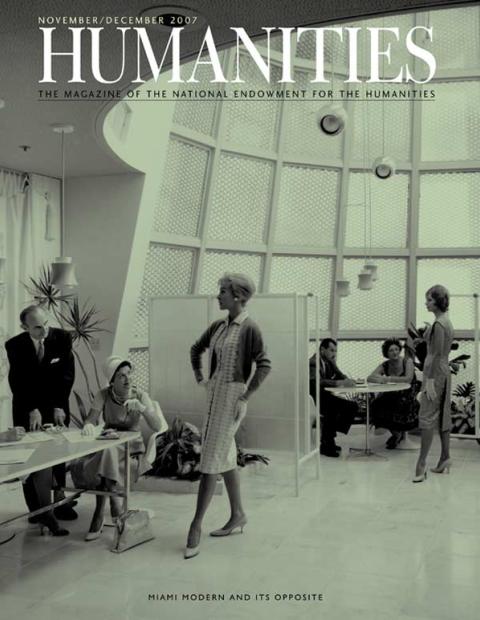—From “Colonial Origins and Growth: The Church of England Adapts to North America, 1607-1760” by Edward L. Bond. Published in Virginia Magazine of History and Biography, Vol. 115, No. 2 (2007): 187-188.
These men and women realized that English practice dictated that Christians should not own other Christians as slaves, and when enslaved in Virginia they often sued for their freedom in Virginia’s courts on the grounds that they were Christians, frequently winning their cases. This changed in the 1660s as black chattel slavery became law and the colony’s General Assembly acted to prevent Christianity from continuing as a means by which slaves might gain their freedom. Some white Virginians resisted Christianizing their slaves even then. One woman thought her bondspeople so beastly that religion could have no influence on them. Others believed that Christian slaves would think themselves too much like their white owners and thus refuse to work as hard. James Blair expressed the commonly held belief that slaves only wanted to become Christians because they thought it would lead to their freedom: “I doubt not some of the Negroes are sincere converts; but the far greater part of them little mind the serious part, only are in hopes that they shall meet with so much the more respect, and that some time or other Christianity will help them to their freedom.” Others objected to being in the presence of blacks and refused to attend integrated services, especially baptisms. The Rev. Alexander Rhonnald of Elizabeth River Parish in Norfolk County learned that evangelizing among blacks earned him abuse from his white parishioners: “they use Me with the most invidious Terms of Ill nature for my pains, & because I baptize more Negroes than other Brethren here & instruct them, from the Pulpit, out of common road, & encourage the Good among them to come to the Communion, after a due Sense of the matter, I am vilified & branded by such as a Negro Parson. . . .” This conflict endured throughout the colonial period.

